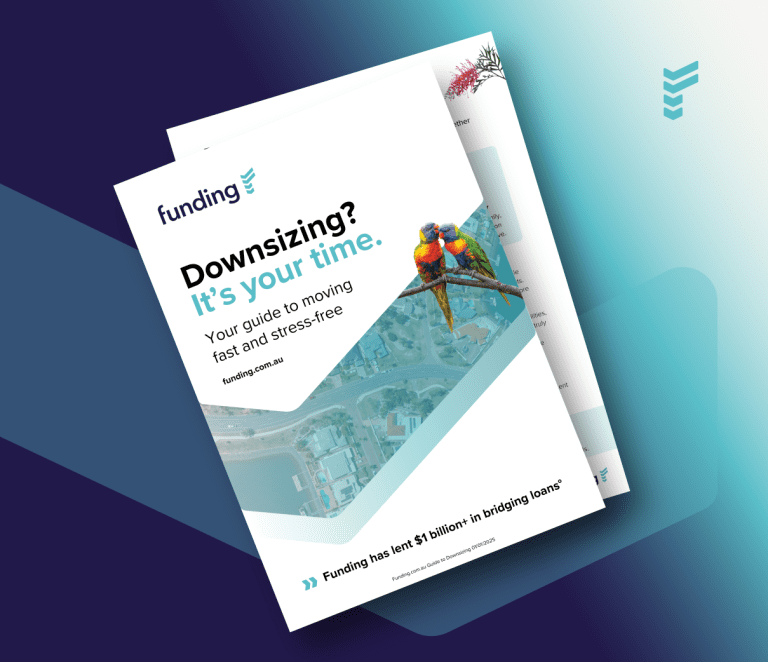Understanding short-term mortgages
What are short-term mortgages?
Short-term mortgages are loans designed to be repaid over a shorter period than traditional long-term mortgages. These loans typically have repayment terms ranging from a few months to a few years and are often used to address immediate financial needs or to bridge gaps between longer-term financing solutions. Short-term mortgages can be tailored to various scenarios, including property purchases, renovations, constructions and business cash flow management.
Types of short-term mortgages
Bridging loans
Bridging loans are a popular type of short-term mortgage used to cover the period between buying a new property and selling an existing one. These loans are particularly useful if you need to secure a new home before your current property is sold. Bridging loans generally have higher interest rates and shorter terms but offer the flexibility needed to manage the transition smoothly.
Construction loans
Construction loans are short-term mortgages designed for individuals and businesses planning to build new properties or undertake significant renovations. These loans are typically disbursed in stages as the construction progresses, ensuring funds are available at each phase of the project. Construction loans provide the financial support needed to complete building projects efficiently and effectively.
Personal short-term mortgages
Personal short-term mortgages are versatile loans that can be used for various purposes, including home renovations, debt consolidation, or managing unexpected expenses. These loans typically have shorter repayment terms and can be secured or unsecured, depending on the borrower’s financial situation and the lender’s requirements.
Key features of short-term mortgages
Interest rates
Interest rates for short-term mortgages can vary significantly depending on the type of loan and the lender. Generally, short-term mortgages have higher interest rates compared to long-term mortgages due to their short-term nature. It’s essential to compare interest rates from different lenders to find the most competitive option.
Loan-to-value ratio (LVR)
The loan-to-value ratio (LVR) is the percentage of the property’s value that you’re borrowing. For example, if you’re borrowing $400,000 to purchase a property worth $500,000, your LVR is 80%. Lenders often prefer a lower LVR as it indicates lower risk. A higher LVR may require you to pay lender’s mortgage insurance (LMI).
Repayment terms
Short-term mortgages typically have shorter repayment terms, ranging from a few months to a few years. The repayment schedule can be weekly, fortnightly, or monthly, depending on the loan agreement. It’s crucial to understand the repayment terms and ensure you can meet the payments to avoid additional fees and penalties.
Fees and charges
Short-term mortgages often come with various fees and charges, including application fees, valuation fees, and ongoing service fees. Additionally, some loans may have early repayment fees or late payment penalties. Understanding these costs is vital to ensure you can afford the loan and avoid unexpected expenses.
Applying for a short-term mortgage
Preparing for the application
Before applying for a short-term mortgage, it’s essential to assess your financial situation. This includes understanding your income, expenses, assets, and liabilities. Having a clear picture of your finances will help you determine how much you can borrow and repay comfortably.
Choosing the right lender
Selecting the right lender is a crucial step in the loan application process. Different lenders offer varying interest rates, loan features, and customer service levels. It’s advisable to compare multiple lenders to find the best fit for your needs. Consider factors such as reputation, customer reviews, and the range of products offered.
Documentation required
When applying for a short-term mortgage, you’ll need to provide several documents, including:
-
- Proof of identity (e.g., passport or driver’s licence)
-
- Proof of income (e.g., payslips, tax returns)
-
- Evidence of savings and assets
-
- Details of existing debts and liabilities
-
- Information about the property or project you’re financing
The application process
The application process for a short-term mortgage typically involves the following steps:
-
- Conditional approval: Pre-approval gives you an indication of how much you can borrow and the loan terms available. This step can strengthen your position when negotiating with lenders.
-
- Formal application: Submit a formal loan application, providing all required documentation.
-
- Assessment: The lender assesses your application, including your financial situation and credit history. They may also require additional information or clarification.
-
- Approval: If the lender is satisfied with your application, they’ll formally approve the loan and provide the necessary funds.
-
- Repayment: Once the loan is approved and disbursed, you’ll need to adhere to the agreed repayment schedule. It’s essential to make payments on time to avoid additional fees and penalties.
Bridging loans, business loans, and building loans
Bridging loans
Bridging loans are an excellent option for those needing to cover the gap between buying a new property and selling an existing one. These loans can provide the necessary funds to secure a new home without waiting for the sale of your current property. Bridging loans typically have higher interest rates and shorter terms but offer the flexibility needed during the transition period.
Business loans
For businesses facing temporary financial challenges or needing short-term funding for projects, business loans can be invaluable. These loans provide the capital required to maintain operations, purchase inventory, or finance specific projects. Business loans can be tailored to the business’s needs, with flexible repayment terms and competitive interest rates.
Construction loans
Construction loans are designed for individuals and businesses planning to build new properties or undertake significant renovations. These loans are typically disbursed in stages as the construction progresses, ensuring funds are available at each phase of the project. Building loans provide the financial support needed to complete building projects efficiently and effectively.
Get started
Understanding the various short-term mortgage options available in Australia is essential for making informed financial decisions. Whether you’re considering a bridging loan, construction loan or personal short-term mortgage, it’s important to have the foundational knowledge needed to navigate the process confidently. Additionally, bridging loans, business loans, and construction loans offer valuable options for specific circumstances, ensuring you have the financial support required to achieve your goals.
Learn more
For further information on short-term mortgage options, you may find the following resources helpful:
Thinking of flipping properties? Here’s how to get started


